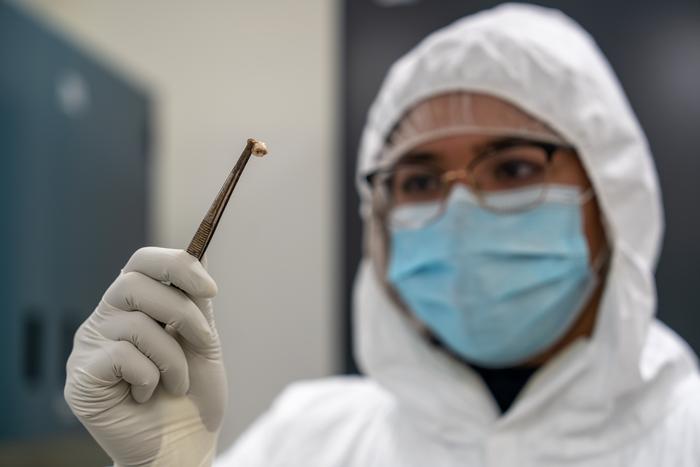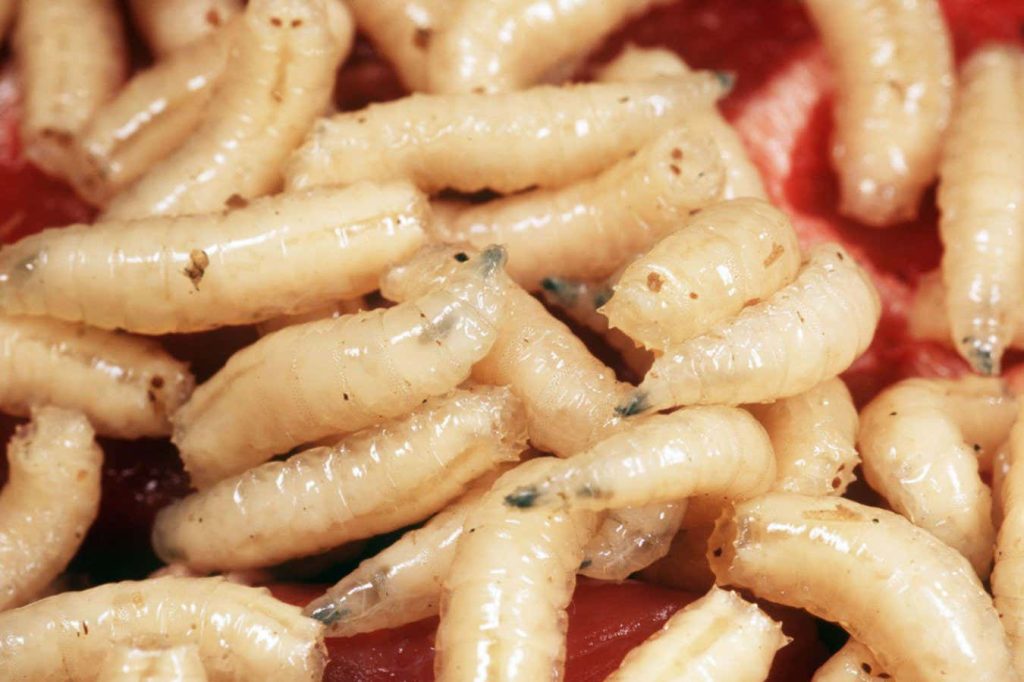Now Reading: Black Death Bacteria Evolved to Slow Fatalities, Study Finds
-
01
Black Death Bacteria Evolved to Slow Fatalities, Study Finds
Black Death Bacteria Evolved to Slow Fatalities, Study Finds

Rapid Summary
- A study published in Science suggests changes in the virulence gene pla in the bacterium Yersinia pestis may have influenced the duration of plague pandemics,including the Black Death.
- Less virulent strains allowed infected rodents to live longer, potentially spreading plague over extended periods before dying.
- The three major plague pandemics began in 500s (First Pandemic), 1300s (Second Pandemic/Black Death), adn 1800s (Third Pandemic). The Black death was especially devastating, killing up to 50% of Europe’s population between 1347-1352.
- Researchers from McMaster University and Institut Pasteur found that during the later stages of the First and Second Pandemics,repetitive sequences of the pla gene decreased. Pla depletion reduced virulence but prolonged infections when tested on mice with modern strains.
- Scientists highlight that current circulating strains are highly virulent but treatable due to modern diagnostics. Plague remains a rare concern globally but serves as a model for understanding pandemic dynamics.
Read More: Scientists Reveal the Black Death’s Origin Story
Indian Opinion Analysis
The findings underscore how genetic evolution within pathogens can influence pandemic severity and longevity. For India-historically affected by plagues during British colonial rule-the research offers an insightful perspective on how environmental factors like rodent population dynamics may intersect with bacterial adaptations.this study reinforces India’s ongoing public health vigilance against zoonotic diseases given recent patterns of emerging infectious threats such as Nipah or avian flu.
While Yersinia pestis appears manageable today using effective treatments, this highlights broader lessons about disease management strategies rooted in past scientific understanding. India’s biodiversity-including varied rodent habitats-should encourage targeted surveillance systems to mitigate potential re-emergence or other risks posed by animal-borne diseases.
Read More: These Pandemics Changed Human History



























